The Paolo Cascone’s Master Class has been developed in the frame of the Advanced School of Architecture directed by Pierre-Alain Croset at the Politecnico di Milano. This with the aim to bridge a social design agenda with an ecological construction and digital manufacturing approach. Therefore, 20 students from 16 different countries have been working for 8 intense days in translating the needs of the Bollate’s prison detainees for a more performative sport space in the form of an open-air gym.
NEB Prizes 2022: All Applications
Filter by
Applications (1048)
Showing results 801 to 810
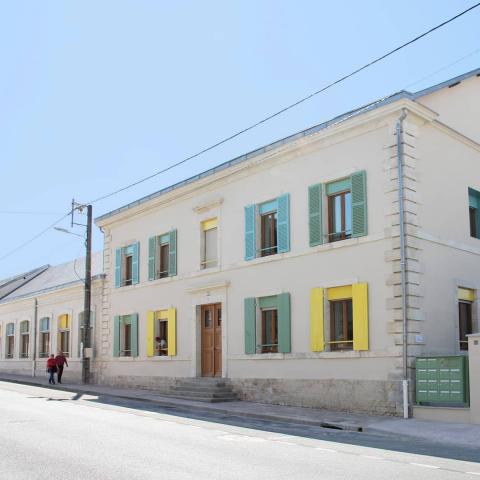
Sancoins old school was disused for years and no projects happens. Foncière Chênelet and the electives decided to create an intergenerational and ecological social housing residence to answer major issues of the territories especially housing precarity, the elderlies and inadapted houses. With Palabres architectes, Foncière Chênelet renovate the building with ecological and circular way. Works was done by local businesses and unemployed people.
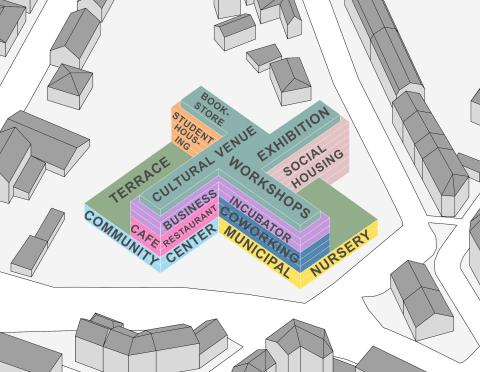
The project concerns the transformation of the former state administrative centre in Vannes. The building was to be demolished, until public concerns led the city council to initiate a study on the future transformation of the plot.
Structural and programmatic research are being carried out together in order to define a new form and new uses for the plot. At the same time, the reuse of old elements and temporary use are encouraged, in order to define a long-term planning with the community.
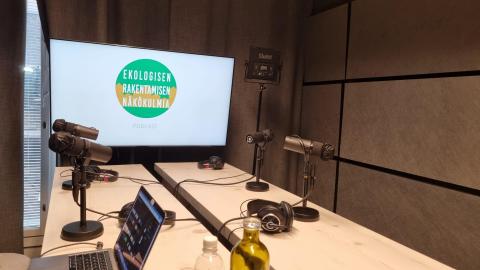
Finding answers to the urgent crises of our time requires an honest discussion between different disciplines – arts, science, technology and society. Our podcast acts as a platform where we can invite experts to share their knowledge on how to tackle these issues through aesthetic, sustainable and collaborative solutions. The 2nd and 3rd seasons of the podcast were released during the autumns of 2020 and 2021 respectively. These 12 episodes discuss themes related to sustainable architecture.
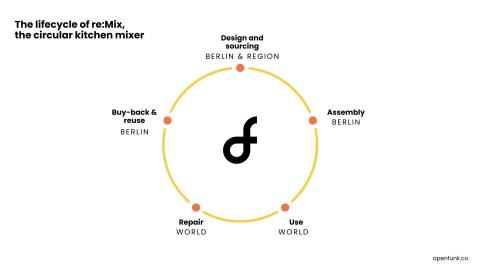
re:Mix is a kitchen mixer that blends smoothies, sauces, soups, nut butters, coffee, desserts or even cocktails. It’s fun to use, as you’re creating recipes directly in the canning jars you have at home. It is designed to be loved, repaired and upgraded forever. It fits your style and kitchen by being customizable. It is made ethically and locally in Berlin, and open-source.
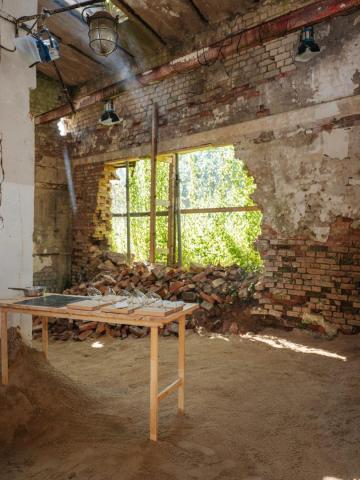
Restaurant 0 is a pop up space designed for an Estonian TV show with the aim of using the design to raise awareness of the ecological footprint of the construction industry.
The temporary restaurant, which seats 12 guests, was built within 7 days into the ruins of a 19th-century building complex in Southern Estonia. The studio kuidas.works proposed a conceptual centerpiece for the occasion – a 15-ton rammed earth table.
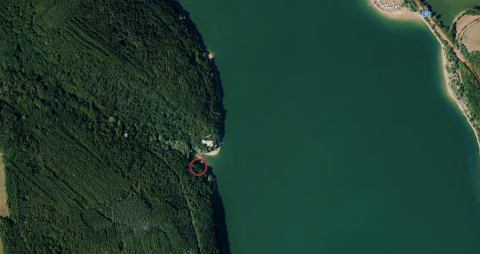
This magic ark is the place to spend holidays surrounded only by nature. Located directly on the water coast, it provides private access to the Domasa dam. The magic ark or treehouse is built in accordance with nature and each guest should be prepared to step out of his/her comfort zone, but in the end, realize this is the real eco-friendly way of living.
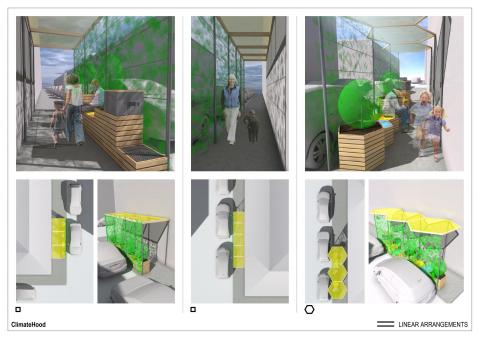
CoolCo’s Cooling Corners and Corridors are small modular structures made from wood, fabric and steel to contain various plants and flowers. They are designed to reduce the impact of heat waves in urban areas, particularly densely populated neighbourhoods with low heat resilience. Their shape and size can be adjusted to fit strategic locations, sidewalks or walls for instance, where they provide refreshing “islands” of greenery to shelter inhabitants from the heat and improve air quality.
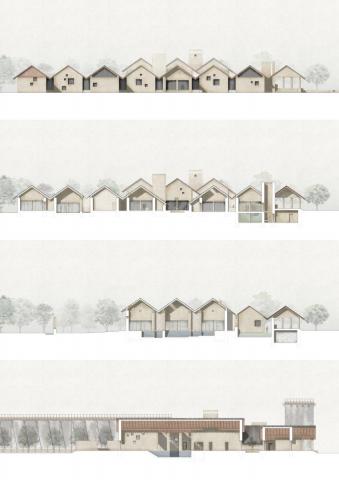
Rural Renaissance proposes an alternative strategy for resilient development, which calls for a revival of moral values, cooperation, tolerance, solidarity and restoration of environment. Rural Renaissance argues against clichés associated with the countryside, i.e. that it is old-fashioned, powerless and backward-looking and reintroduces it as a place full of potential and new opportunities, where people are able to exercise the right to maintain their locality in a democratic fashion.
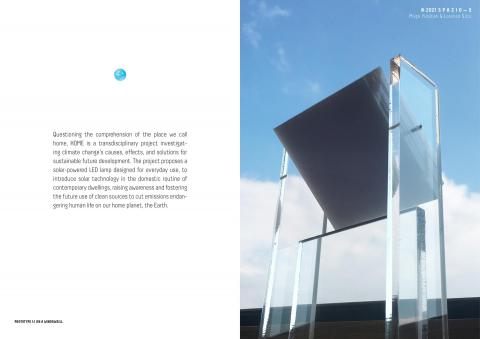
Questioning the comprehension of the place we call home, HOME is a transdisciplinary project investigating climate change’s causes, effects, and solutions for sustainable future development. The project proposes a solar-powered LED lamp designed for everyday use, to introduce solar technology in the domestic routine of contemporary dwellings, raising awareness and fostering the future use of clean sources to cut emissions endangering human life on our home planet, the Earth.
